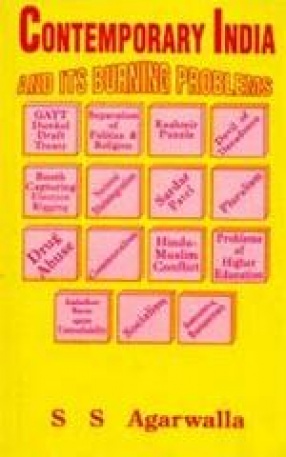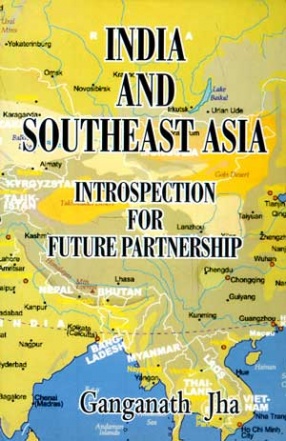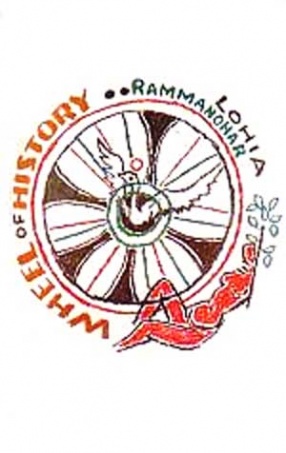Whether it is about Kashmir or secularism, higher education or bureaucracy, every fibre of the post-1947 India is under stress and strain. Socialism, once the robust and healthy basis of our political system, is now is a state of coma. Secularism, the Nehru brand, is gasping fro breath in the fact of the repeated assault on it by the communalists of all hues; and religion, once given a back-seat, is now in the driver’s seat, driving the country on to the road of fear, hatred, discrimination, plunder and finally, disintegration. A Titan like Gandhi ji is absent on the Indian scene to apply the healing touch on the wounded culture and civilization of India. Essays on Dr. B.R. Ambedkar and Sardar Patel are reminders to Indians of their great patriots, statesmen and leaders, who in the glare of Nehru fame, were nearly cornered. Essays on booth-capturing and election-rigging and abuse of drugs are timely and volatile. Nothing has defaced the Indian polity more than the pernicious practice of booth-capturing and election-rigging, questioning the very existence of our democratic setup. Similarly drug abuse is threatening the social fabric, questioning the future of our young generation. Kashmir and the GATT Agreement are agitating our minds. Kashmir is a political problem, a story of miscalculation, misunderstanding and misuse of power. The GATT Agreement, on the other hand, is no less momentous and timely than the Kashmirpuzzle. The GATT Agreement is the reversal of our economic policy of self-reliance, protectionism and antimultinationalism. Indians have not forgotten the pernicious role played by the East India Company.
Contemporary India and its Burning Problems
In stock
Free & Quick Delivery Worldwide
reviews
Bibliographic information
Title
Contemporary India and its Burning Problems
Author
Edition
1st ed.
Publisher
ISBN
8170995752
Length
xiv+136p., Index; 23cm.
Subjects






There are no reviews yet.